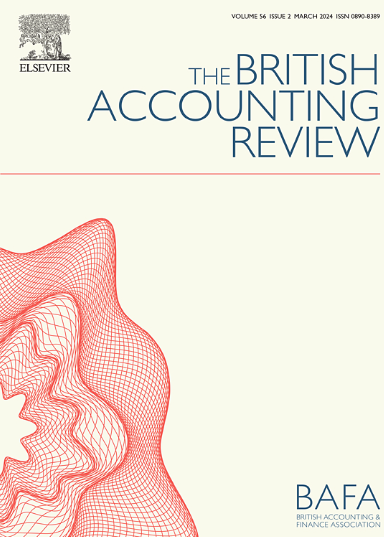放松监管要求对企业创新的影响:美国证券交易委员会 12h-6 规则的证据
IF 9.4
3区 管理学
Q1 BUSINESS, FINANCE
引用次数: 0
摘要
美国证券交易委员会于 2007 年实施了《交易所法案》第 12h-6 条规则,这使得在美国市场交叉上市的公司更容易撤销注册并终止其作为美国交易所上市的监管义务。利用差异研究设计,我们预测并发现,在 12h-6 规则实施后的一段时间内,交叉上市企业的创新能力明显低于非交叉上市的国内企业,这表明 12h-6 规则阻碍了交叉上市企业的创新。对于更依赖外部融资、研发强度高、面临更多财务限制的企业来说,这种影响更为强烈。在投资者保护程度低、监管质量低、与美国《公认会计原则》差异较大以及股票市场自由化程度较低的国家,这种影响也更为明显。渠道分析的结果表明,在 12h-6 规则实施后,交叉上市企业的研发投资对股价的敏感性降低,外国机构持股比例下降。综上所述,我们的研究结果表明,第 12h-6 条规则减少了交叉上市给外国投资者带来的好处,从而阻碍了非美国经济体的创新。本文章由计算机程序翻译,如有差异,请以英文原文为准。
The impact of loosening regulatory requirements on firm innovation: Evidence from SEC rule 12h-6
The US Securities and Exchange Commission implemented Exchange Act Rule 12h-6 in 2007, which made it considerably easier for cross-listed firms in the US market to deregister and terminate their regulatory obligations as US exchange listings. Using a difference-in-differences research design, we predict and find that in the period after the implementation of Rule 12h-6, cross-listed firms have significantly less innovation than non-cross-listed domestic firms, which suggests that Rule 12h-6 impedes innovation in cross-listed firms. This effect is stronger for firms that rely more on external financing, have high R&D intensity, and face greater financial constraints. It is also more pronounced in countries with low investor protection, low regulatory quality, greater differences with the US Generally Accepted Accounting Principles, and less liberalized stock markets. The results of the channel analyses indicate that cross-listed firms experience lower sensitivity of R&D investment to stock price and a decrease in foreign institutional ownership in the post Rule 12h-6 implementation period. Taken together, our findings suggest that Rule 12h-6 reduces the benefits of cross-listing for foreign investors, which hinders innovation in non-US economies.
求助全文
通过发布文献求助,成功后即可免费获取论文全文。
去求助
来源期刊

British Accounting Review
BUSINESS, FINANCE-
CiteScore
8.60
自引率
3.90%
发文量
39
审稿时长
76 days
期刊介绍:
The British Accounting Review*is pleased to publish original scholarly papers across the whole spectrum of accounting and finance. The journal is eclectic and pluralistic and contributions are welcomed across a wide range of research methodologies (e.g. analytical, archival, experimental, survey and qualitative case methods) and topics (e.g. financial accounting, management accounting, finance and financial management, auditing, public sector accounting, social and environmental accounting; accounting education and accounting history), evidence from UK and non-UK sources are equally acceptable.
 求助内容:
求助内容: 应助结果提醒方式:
应助结果提醒方式:


